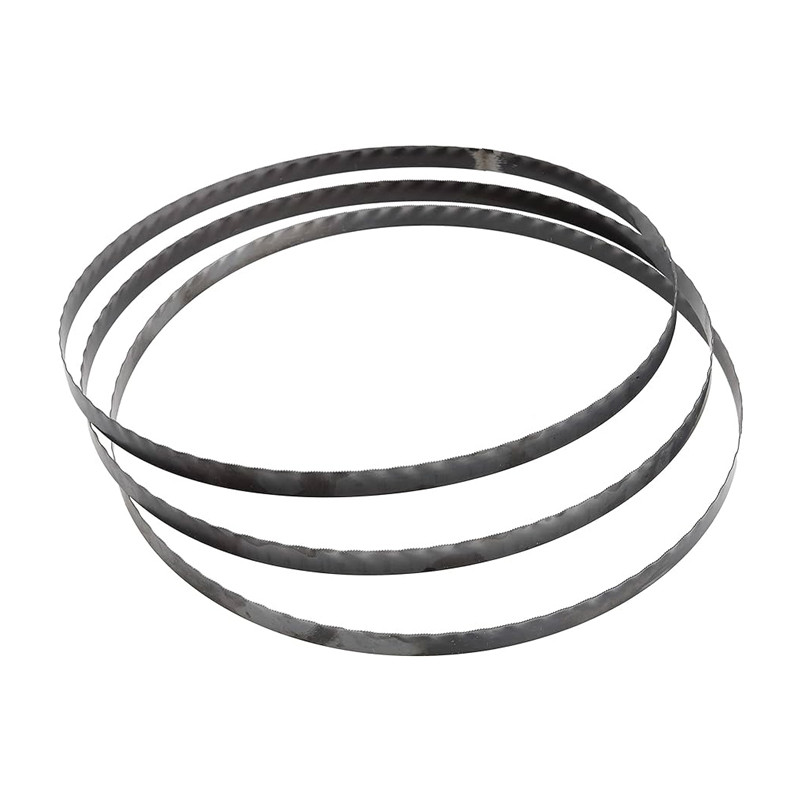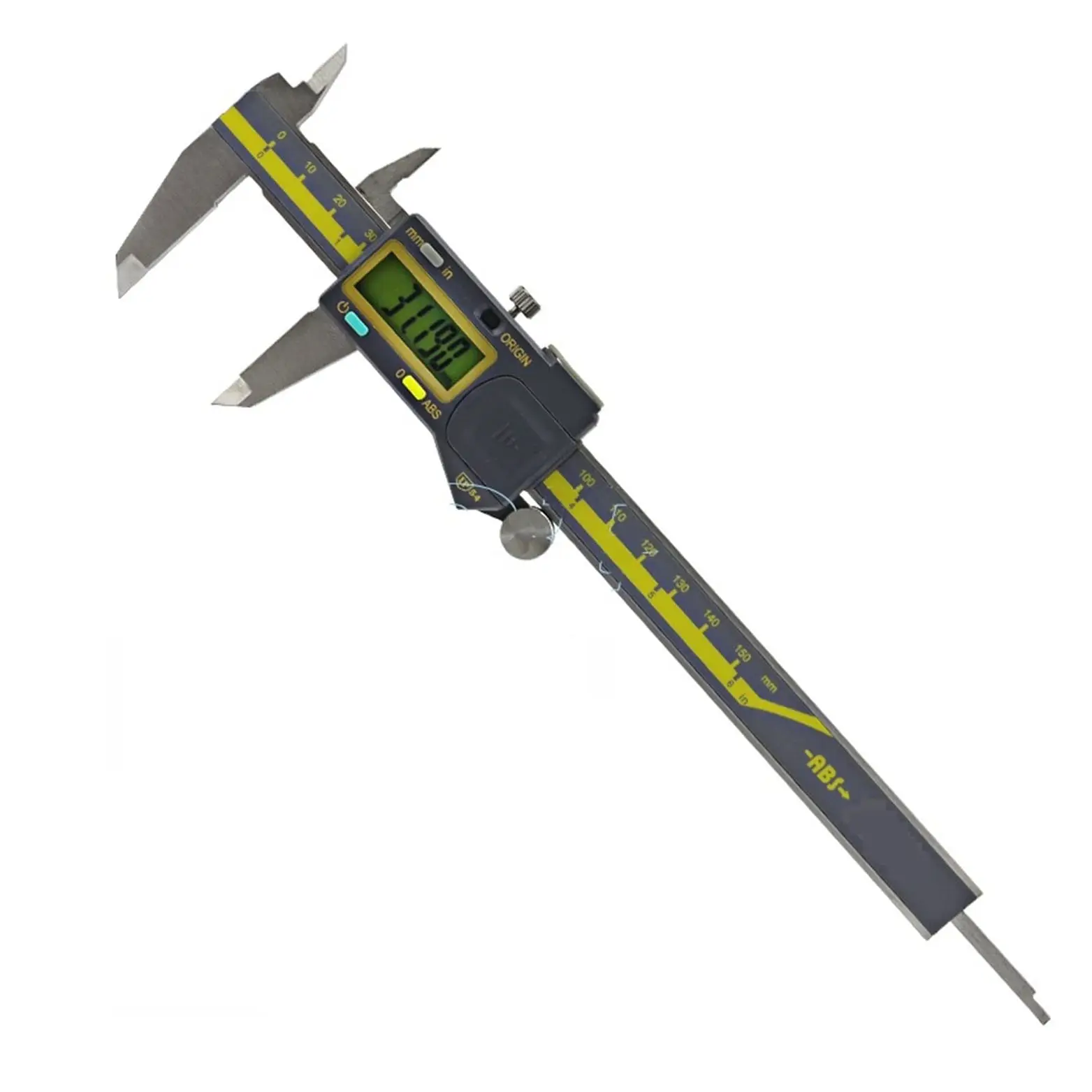Wholesale taper taps
Navigating the world of wholesale taper taps can be complex, especially when ensuring you're getting the best quality for your needs. This article breaks down everything you need to know about wholesale taper taps, from understanding their uses and features to selecting the right ones for various applications, and even where to find reliable suppliers.
Understanding Taper Taps
What are Taper Taps?
Taper taps are a type of thread-cutting tool used to create internal threads in materials like metal, plastic, and wood. They are typically the first tap used in a series of taps to gradually cut the thread. The gradual taper allows for easier starting and alignment.
Taper Tap Features and Benefits
Taper taps have a long, gradual taper (approximately 8-10 threads chamfered) that distributes the cutting load over more teeth. This makes them ideal for starting threads straight and true. Key benefits include:
- Easier starting and alignment
- Reduced risk of tap breakage
- Improved thread quality
- Suitable for both hand and machine tapping
Applications of Wholesale Taper Taps
Metalworking
In metalworking, wholesale taper taps are essential for creating threaded holes in various metals, including steel, aluminum, and stainless steel. They are used in a wide range of applications, from manufacturing machinery to assembling automotive components.
Woodworking
While less common than in metalworking, taper taps are also used in woodworking for creating threaded inserts or fastening wooden components. They're particularly useful when strength and durability are required.
Plastics
Taper taps can be used in some plastics, but thread forming taps or thread cutting taps designed for plastic are often preferrable. When using taper taps in plastic, ensure the material is compatible and the tap is sharp to avoid cracking or chipping.
Selecting the Right Wholesale Taper Taps
Material Considerations
The material of the tap itself is crucial for performance and longevity. Common materials include:
- High-Speed Steel (HSS): Suitable for general-purpose use on a variety of materials.
- Cobalt Steel (HSS-Co): Offers higher heat resistance and wear resistance, making it ideal for harder materials like stainless steel and cast iron.
- Carbide: Provides the highest hardness and wear resistance, suitable for abrasive materials and high-volume production.
Size and Thread Pitch
Choosing the correct size and thread pitch is paramount. Measure the hole you intend to tap and consult a thread chart to determine the appropriate tap size. Common thread types include:
- National Coarse (NC): General-purpose thread for most applications.
- National Fine (NF): Provides greater strength and tighter fit, suitable for applications requiring high precision.
- Metric Coarse (M): Standard metric thread.
- Metric Fine (MF): Fine metric thread for specialized applications.
Surface Treatments
Surface treatments can enhance the performance and lifespan of taper taps. Common treatments include:
- Titanium Nitride (TiN): Increases surface hardness and wear resistance.
- Titanium Carbonitride (TiCN): Offers higher hardness and lubricity than TiN.
- Black Oxide: Improves corrosion resistance and reduces friction.
Finding Reliable Wholesale Suppliers for Taper Taps
Sourcing wholesale taper taps from reputable suppliers is critical for ensuring quality and consistency. Here are some tips for finding reliable suppliers:
- Research Supplier Reputation: Check online reviews, testimonials, and ratings to gauge the supplier's reputation.
- Check Certifications: Look for suppliers with ISO 9001 or other relevant certifications.
- Consider Minimum Order Quantities (MOQs): Ensure the MOQs align with your needs.
- Evaluate Pricing: Compare prices from multiple suppliers to ensure you're getting a competitive rate.
- Assess Customer Service: A responsive and helpful customer service team is essential for resolving any issues or concerns.
Wayleading Tools is a manufacturer with 10 years experience that specializes in providing high-quality cutting tools, including a wide range of wholesale taper taps. We prioritize customer satisfaction and offer competitive pricing. For precision and durability in your tooling needs, consider exploring the options at www.wayleading.com.
Using Taper Taps Effectively
Preparation
Before tapping, ensure the workpiece is securely clamped and the hole is properly drilled. Use a lubricant specifically designed for tapping to reduce friction and heat.
Tapping Process
Start the tap straight and apply even pressure. Turn the tap clockwise a few turns, then back it off slightly to break the chip. Continue this process until the desired thread depth is reached.
Maintenance and Storage
Clean and lubricate the taper taps after each use. Store them in a dry, protected environment to prevent corrosion and damage.
Troubleshooting Common Tapping Problems
Tap Breakage
Tap breakage can occur due to excessive force, improper lubrication, or using the wrong tap for the material. Ensure you're using the correct tap size and type, applying sufficient lubrication, and using a gentle, consistent tapping motion.
Thread Stripping
Thread stripping can result from using a dull tap or tapping too aggressively. Sharpen or replace dull taps and avoid applying excessive force during tapping.
Cross-Threading
Cross-threading happens when the tap is not started straight. Ensure the tap is aligned properly with the hole before beginning the tapping process.
Wholesale Taper Taps: Cost Analysis
The cost of wholesale taper taps varies depending on the material, size, thread type, and surface treatment. Consider the long-term value and performance when making your purchasing decision.
| Tap Material | Typical Price Range (USD per Tap) | Pros | Cons |
|---|---|---|---|
| HSS | $5 - $15 | Versatile, affordable | Lower heat and wear resistance |
| HSS-Co | $15 - $30 | Higher heat and wear resistance | More expensive than HSS |
| Carbide | $30 - $100+ | Highest hardness and wear resistance | Most expensive, brittle |
*Prices are approximate and may vary based on supplier and quantity.
The Future of Taper Taps
Advancements in materials and manufacturing techniques are continuously improving the performance and lifespan of taper taps. Innovations such as advanced coatings and optimized flute designs are enhancing cutting efficiency and thread quality.
Related products
Related products
Best selling products
Best selling products-
 Round Die Wrench For Thread Cutting Tools
Round Die Wrench For Thread Cutting Tools -
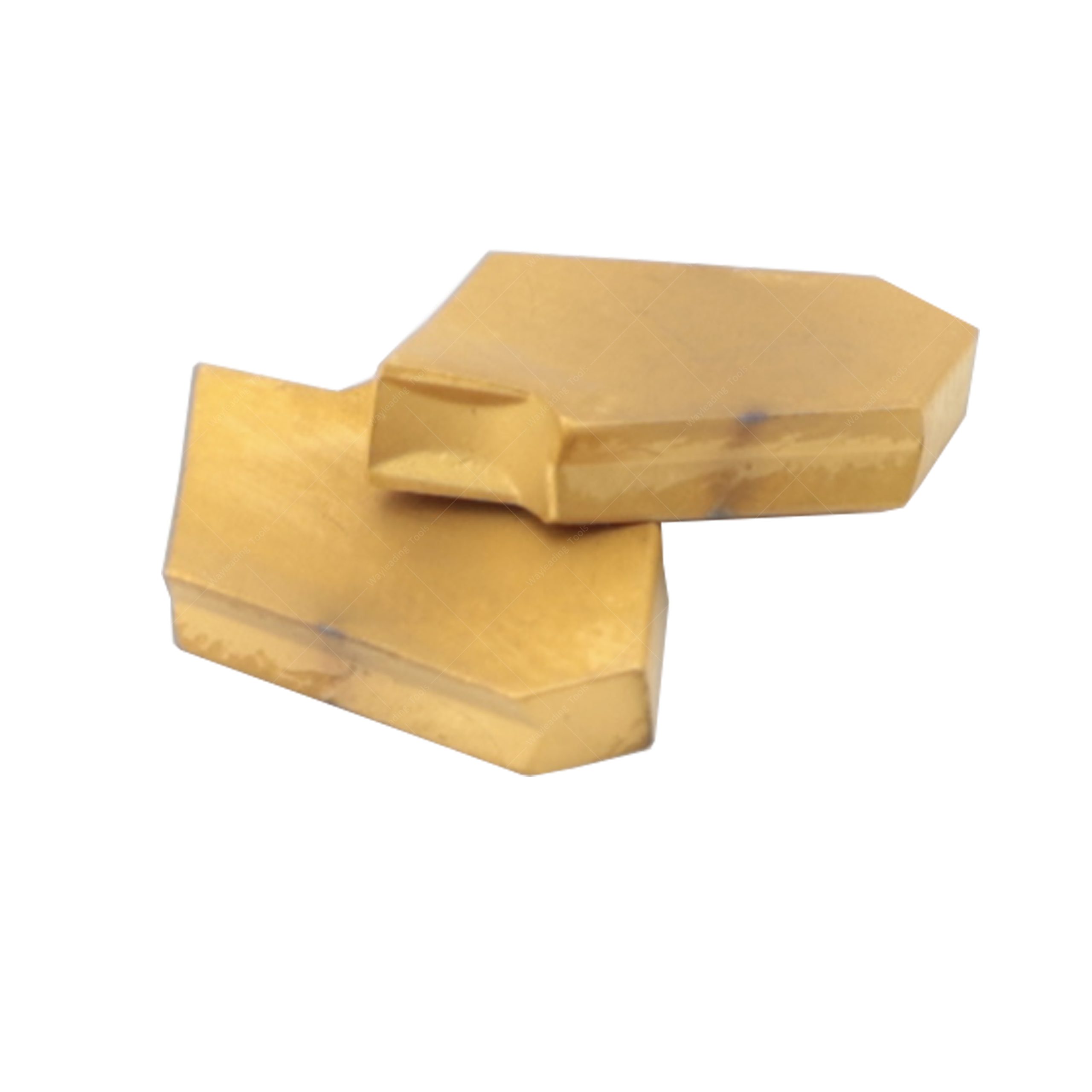 GTN Parting & Grooving Insert For NCIH Blade
GTN Parting & Grooving Insert For NCIH Blade -
 Precision Digital Bore Guage From 6-450mm Range
Precision Digital Bore Guage From 6-450mm Range -
 Type E Oval Tungsten Carbide Rotary Burr
Type E Oval Tungsten Carbide Rotary Burr -
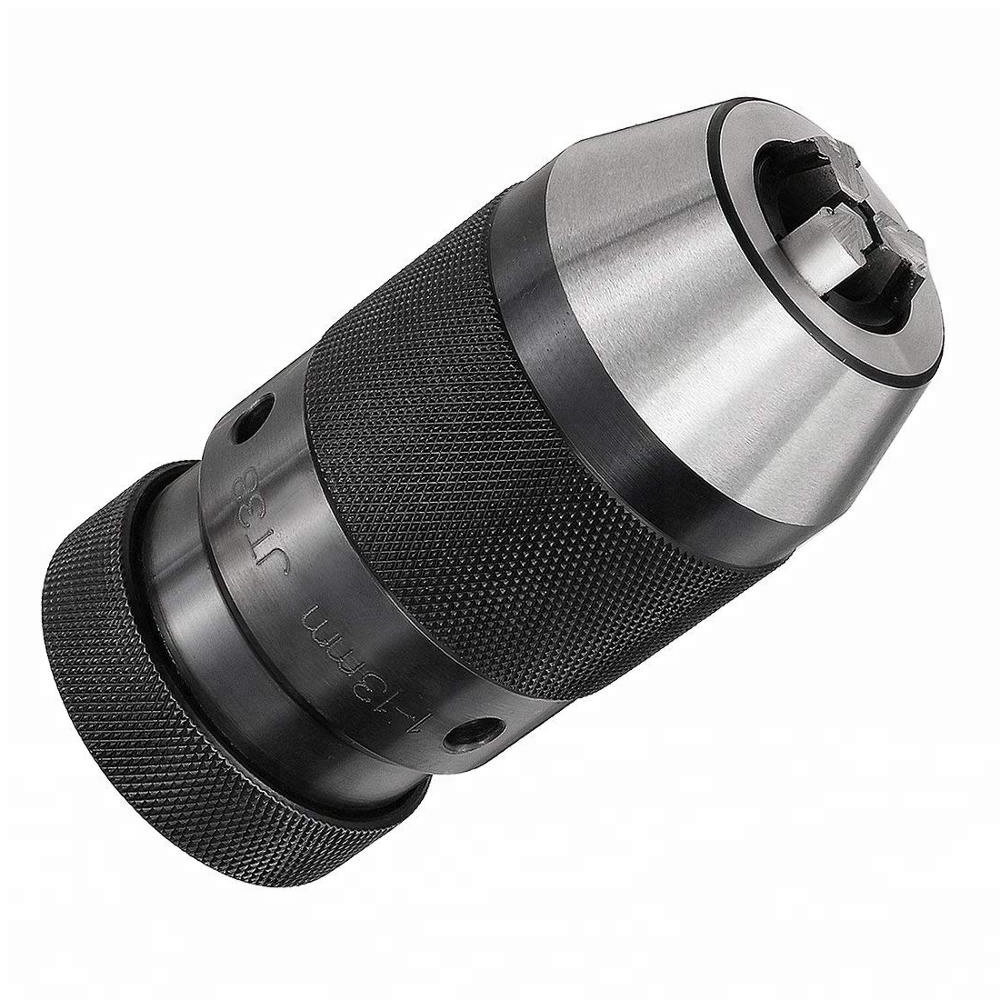 Keyless Drill Chuck With Heavy Duty Type
Keyless Drill Chuck With Heavy Duty Type -
 Precision Expanding Mandrel From 9/16″ to 3-3/4″
Precision Expanding Mandrel From 9/16″ to 3-3/4″ -
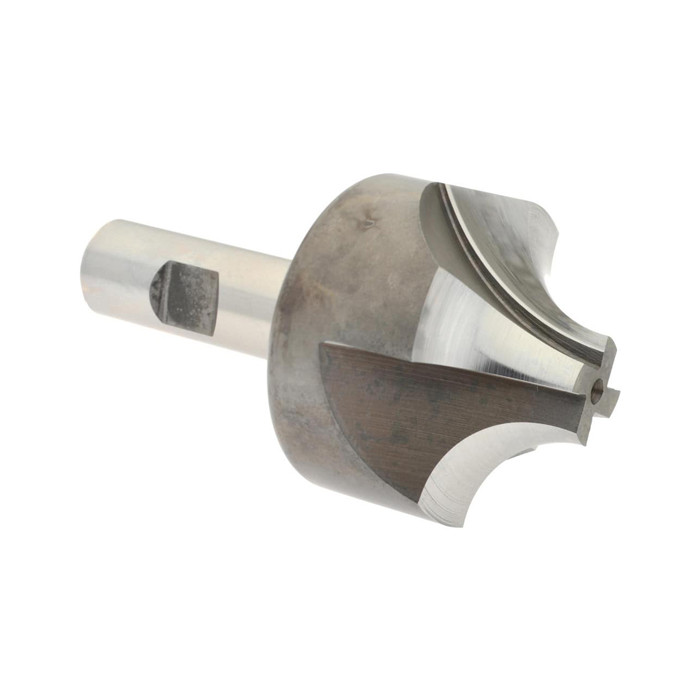 HSS Metric & Inch Corner Rounding End Mill For Industrial
HSS Metric & Inch Corner Rounding End Mill For Industrial -
 Type J-60 Degree Cone Tungsten Carbide Rotary Burr
Type J-60 Degree Cone Tungsten Carbide Rotary Burr -
 Depth Vernier Gauge With Stainless Steel And Monoblock Depth Type
Depth Vernier Gauge With Stainless Steel And Monoblock Depth Type -
 5C Round Collet With Inch and Metric Size
5C Round Collet With Inch and Metric Size -
 Precision Straight Shank To Morse Taper Adapter
Precision Straight Shank To Morse Taper Adapter -
 HSS Threading Taps – ISO 529, Straight Flute, Spiral Flute & Spiral Point
HSS Threading Taps – ISO 529, Straight Flute, Spiral Flute & Spiral Point

